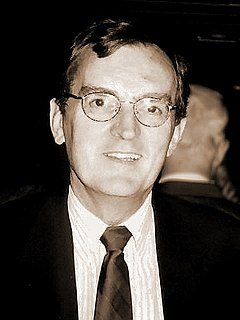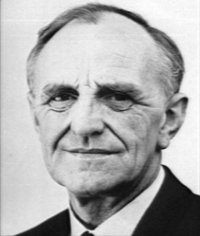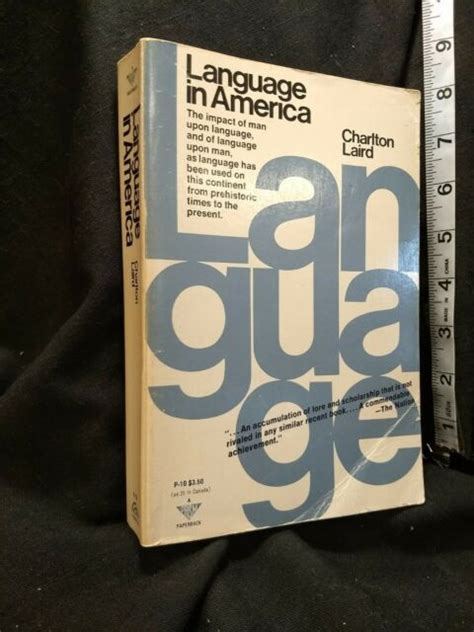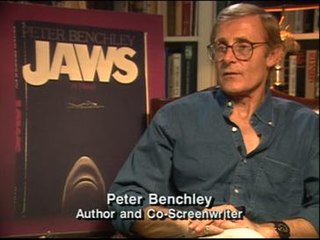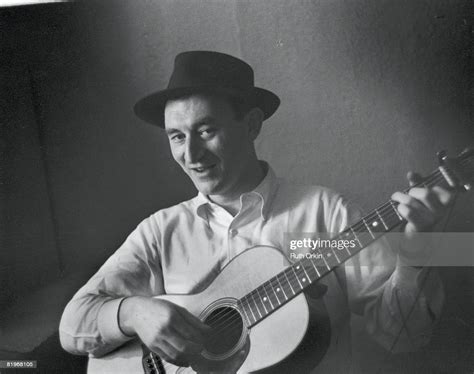A Quote by John Derbyshire
He [Mencken] was an autodidact, with all the misplaced confidence and all the astonishing gaps that characterize that breed. Not many of us would venture to write a book about democracy without ever having read de Tocqueville, nor embark on a translation of Nietzsche with only a sketchy knowledge of German.
Related Quotes
We're at an interesting phase of Asian and Asian-American writing, where we might succeed in having readers look at us as creative individuals who write with fury and fire about the world, and in new ways, without having them say things like "I read a really good Indian book," or "That Malaysian fellow writes very well." So I hope by identifying as Indian I can get people who don't usually read "ethnic" or "Indian" literature to read that literature and enjoy it.
What I do usually is read the book first, for pleasure, to see if my brain starts connecting with it, as a movie. And then, if I say yes, I read it again, only this time I take a pen and, inside the book, I say, "Okay, this is a scene. I don't need this. I'm going to try this. I'm not going to take this." And then, I use that book like a bible and each chapter heading, I write a menu of what's in that chapter, in case I ever need to reference it. And then, I start to outline and write it. I get in there and it starts to evolve, based on having re-read it again.
A travel book is a book that puts you in the shoes of the traveler, and it's usually a book about having a very bad time, having a miserable time, even better. You don't want to read a book about someone having a great time in the South of France, eating and drinking and falling in love. What you want to read is a book about a guy going through the jungle, going through the arctic snow, having a terrible time trying to cross the Sahara, and solving problems as they go.
It would be worth the while to select our reading, for books are the society we keep; to read only the serenely true; never statistics, nor fiction, nor news, nor reports, nor periodicals, but only great poems, and when they failed, read them again, or perchance write more. Instead of other sacrifice, we might offer up our perfect (teleia) thoughts to the gods daily, in hymns or psalms. For we should be at the helm at least once a day.
The ocean is the only alien and potentially hostile environment on the planet into which we tend to venture without thinking about the animals that live there, how they behave, how they support themselves, and how they perceive us. I know of no one who would set off into the jungles of Malaysia armed only with a bathing suit, a tube of suntan cream, and a book, and yet that's precisely how we approach the oceans.
I read everything. I'll read a John Grisham novel, I'll sit and read a whole book of poems by Maya Angelou, or I'll just read some Mary Oliver - this is a book that was given to me for Christmas. No particular genre. And I read in French, and I read in German, and I read in English. I love to see how other people use language.
